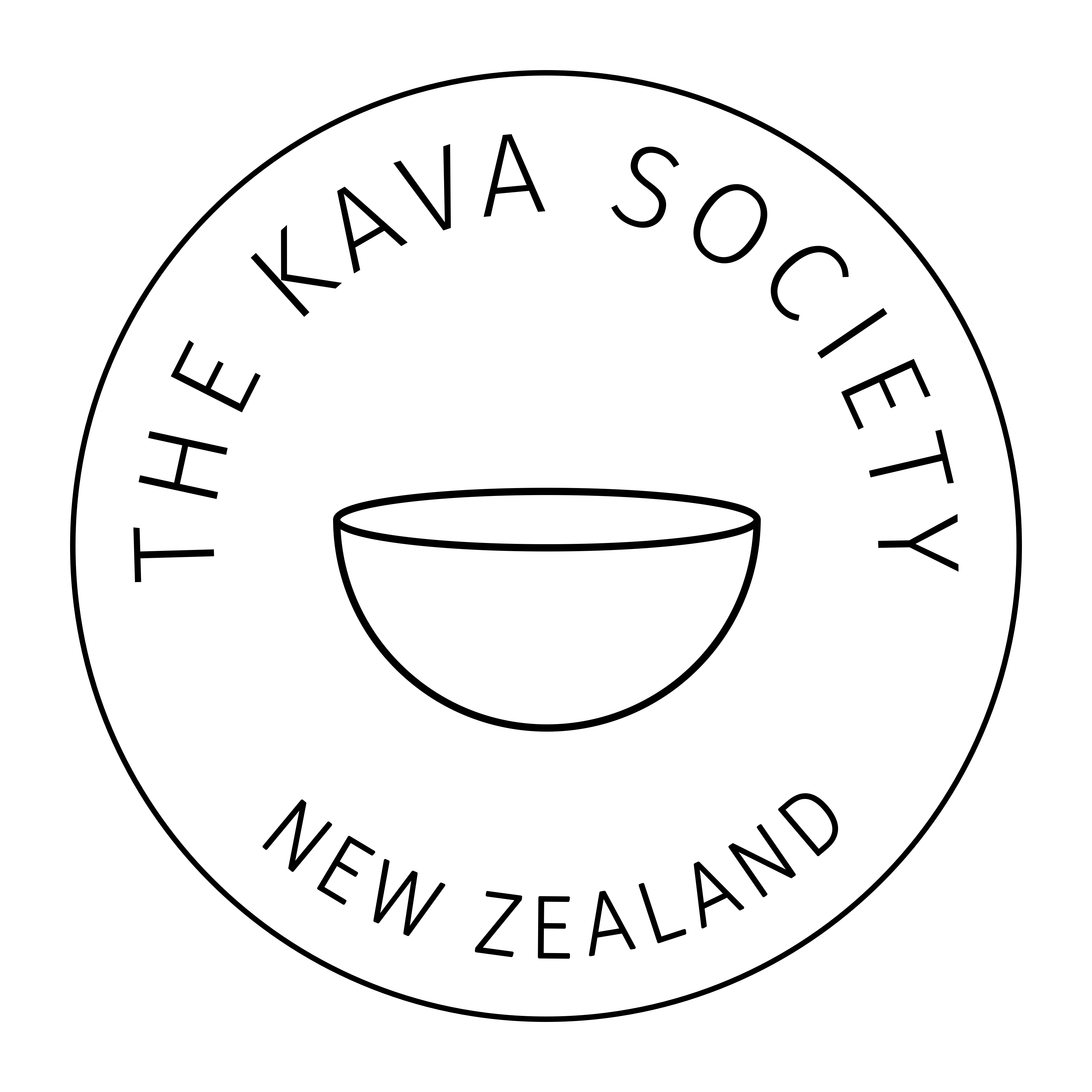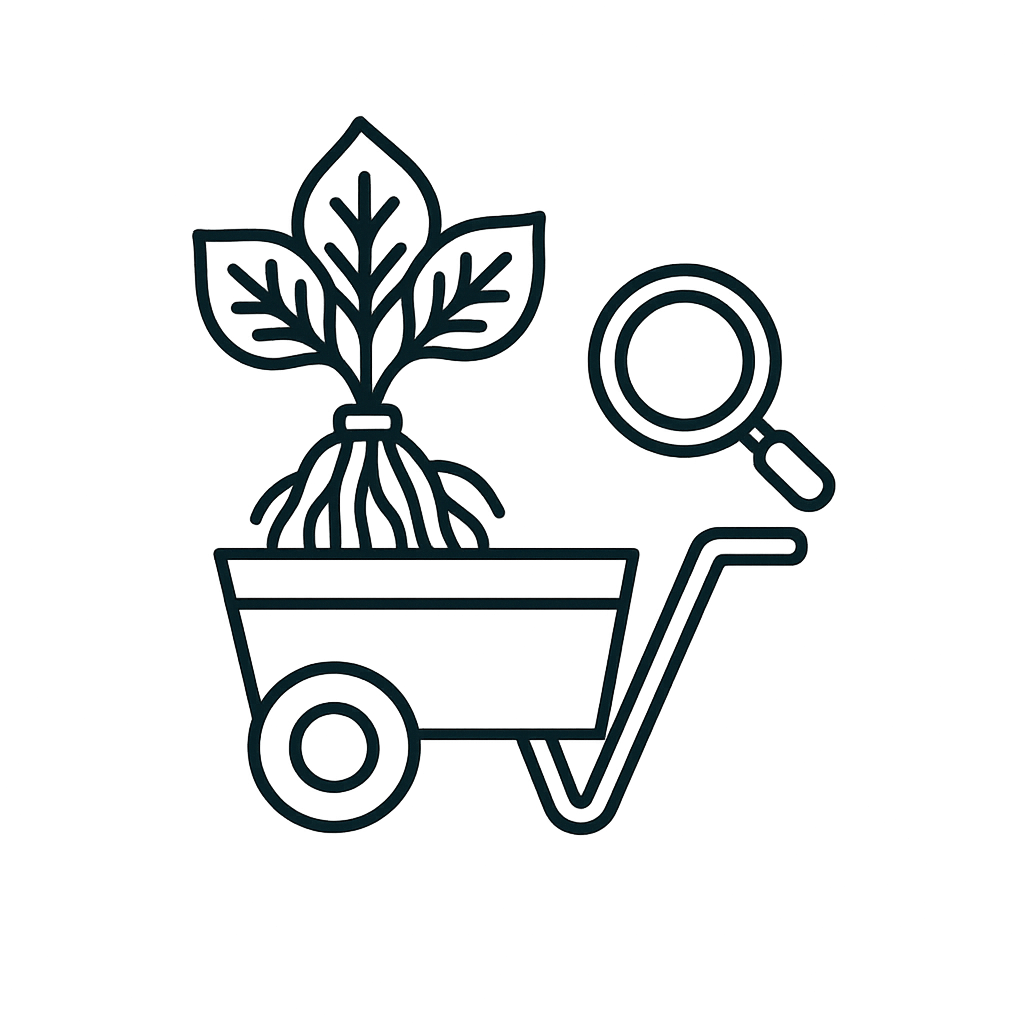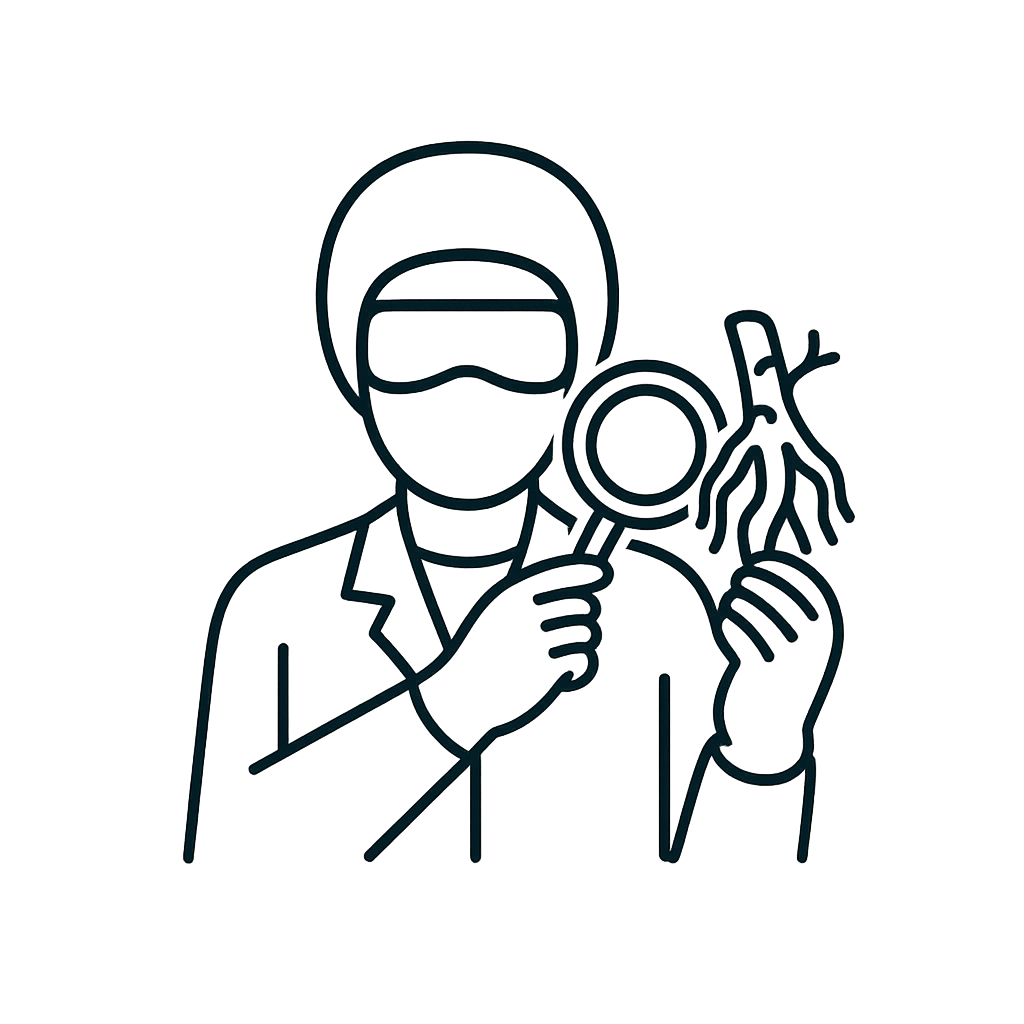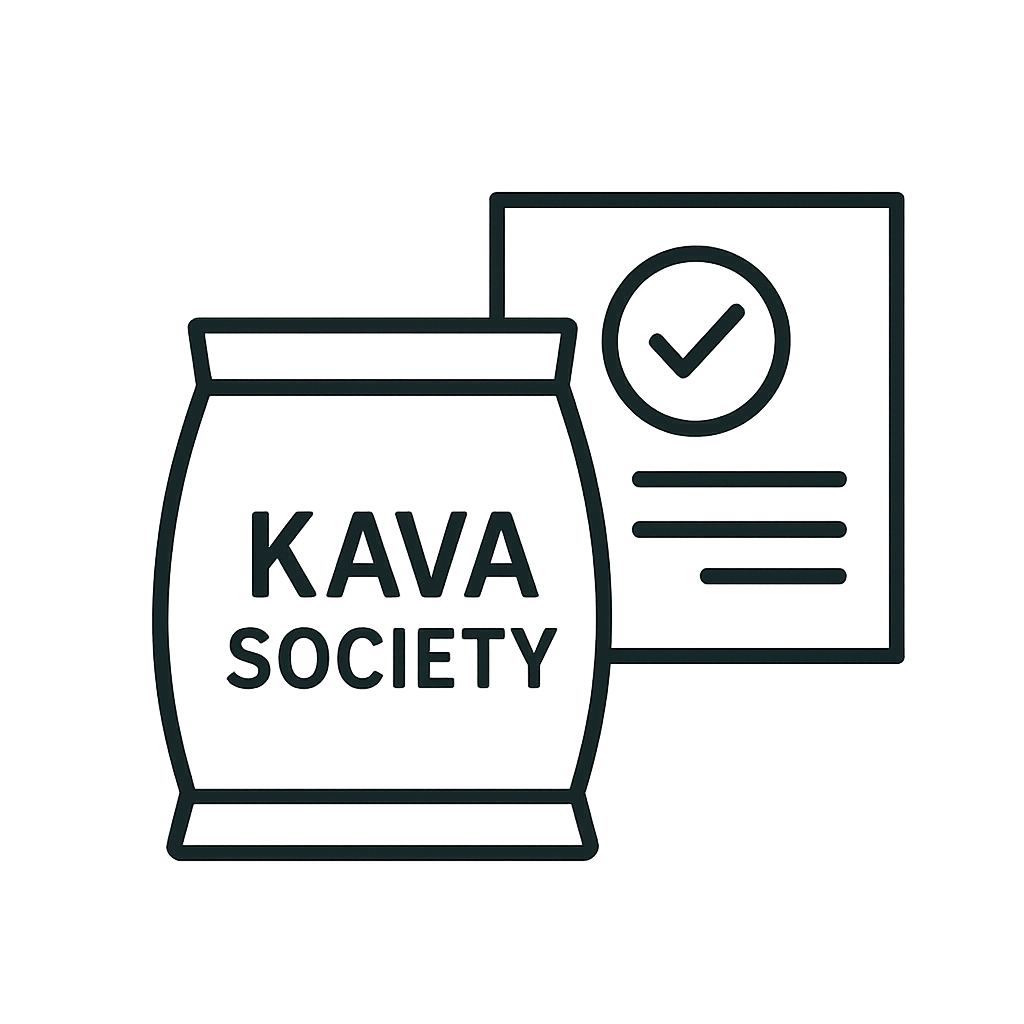Can kava get you high?
A guest post by Garry Stoner from TK Labs
Does kava get you "high"?
An often asked question, but one that requires some definitions. Most people have no qualms about applying the term to the use of controversial substances like marijuana or to the abuse of common substances (such as sniffing glue), but hesitate to use the word when describing the effects of legally prescribed drugs which induce similar effects. To me, this carries the implication that if you're ingesting a substance under the direction of a "doctor", what you are feeling isn't "high".
Personally, I would define "high" as an altered perception of reality characterized by a decrease in ability to interact with the real world. But what is a decreased ability to interact, you say? Well, if whatever you have swallowed/smoked/injected has caused you to see people around you as mutant green sheep, I would call that decreased. The same goes for melting landscapes and perceived invincibility.
But I also include in this category "feeling that others are watching you, controlling you, or can hear your thoughts", and the catch-all "feeling, seeing, or hearing things that are not there". And since these are side effects of popular prescription drugs, you can see why definitions are important. Please note that I'm not including "able to function but walking around in a mist feeling like a zombie", which is another common side effect of these drugs. I consider this a "low".
Honestly, there's a fine line between "feeling like you feel you should feel", and feeling "high". Some say that marijuana gives them an increased ability to interact and I would agree, up until the point they develop uncontrollable giggles and the irrestible urge to eat anything that crunches. Then, I'd call them high. Dedicated runners describe the feeling that they get as a "natural high", so perhaps this could also apply to kava, it being a natural substance. "Buzzed" might be considered a low level of "high", but I don't include it my personal definition, since it could equally apply to any caffeine-containing product. And most people who are looking for "high" aren't interested in "buzzed".
So in my opinion, any definition of "high" must encompass both individual perception and societal judgement. With all this in mind, we're ready to answer the question "Does kava get you high?"...
Not really, at least in the sense defined above. Kava can induce a sense of well-being, reduce or remove your anxiety, make you more contemplative, increase your awareness of your environment, sharpen your senses in general, or even make you feel like sleeping, but it won't make you "high" unless abused rather drastically. And even then, sleep is the most likely effect.
Kava is unique among "psychoactive" substances. Though some speak of being "krunk" or "rooted" in comparison to "drunk", virtually all kava consumers will agree that these feelings are dependent on their mental cooperation with kava. Alcohol provides a good contrast; if you drink enough alcohol, you are simply drunk, and nothing short of time is going to change that. Kava is markedly different, and for best effect it requires a process we call "listening to the kava". This is why nakamals (Island kava bars) are traditionally quiet, peaceful places, without loud talk or music. Loud noises and bright lights are not compatible with kava use, and these distractions and others like them tend to actually negate the effects.
In a similar manner, most kava drinkers find it possible to at least partially override the effects of kava by a simple act of will. This may be one of the reasons that new kava drinkers often go through a phase called "reverse tolerance", which is a period of regular use (usually about one week) before they feel any real effects. They are expecting to be "hit in the head" in the same tradition as pharmaceuticals, and kava simply doesn't work this way. Though some have theories about the physical body needing time to adapt, none of these theories are proven. I personally feel that reverse tolerance is much more mental than physical, and occurs mainly because the mind needs time to learn how to listen.
This theory is further reinforced by another unique aspect of kava: veteran kava drinkers tend to use less, not more. Anyone who has been down the prescription anti-depressant path knows that dosage needs to be increased with some frequency, usually culminating in a point where the drug no longer has any effect. Then another drug is prescribed, and perhaps yet another to counter side effects, until eventually the patient is left with an ever-increasing collection of pills, minimal positive effects, a serious addiction, and the same problems they began with.
Yes, I've strayed somewhat from the original title and question of this article. But if you're still with me, there's a very good chance that you can benefit from kava. You're probably not searching for a "legal high", and that's fine, because kava can't really provide that. What it can provide is literally what prescription anti-depressants and sleep aids promise, but consistently fail to deliver in the long term. Here's the best description of kava I have: Kava doesn't make you someone you're not, it helps you be who you are.
Garry Stoner
T.K. Group Labs






Leave a comment
This site is protected by hCaptcha and the hCaptcha Privacy Policy and Terms of Service apply.